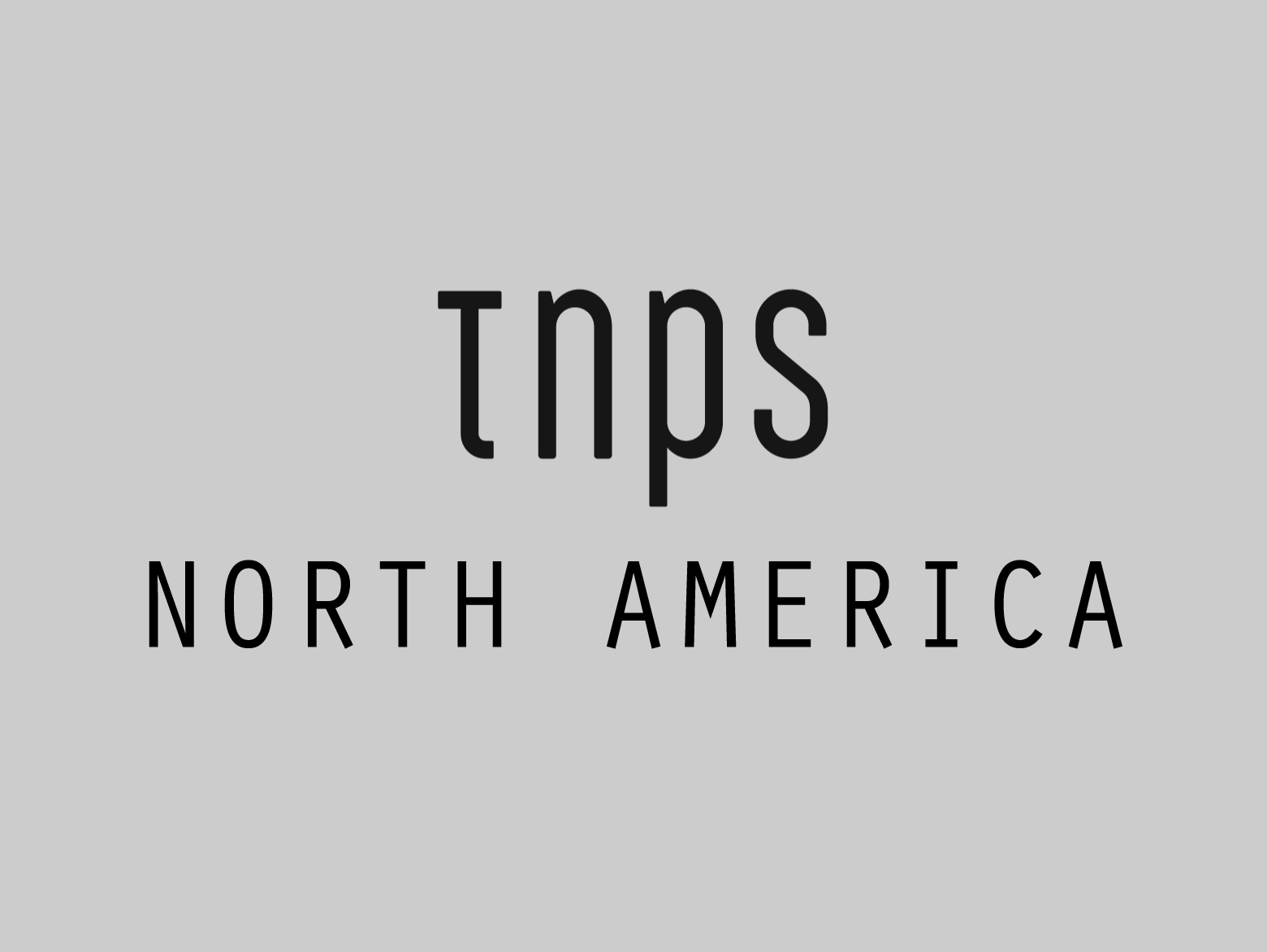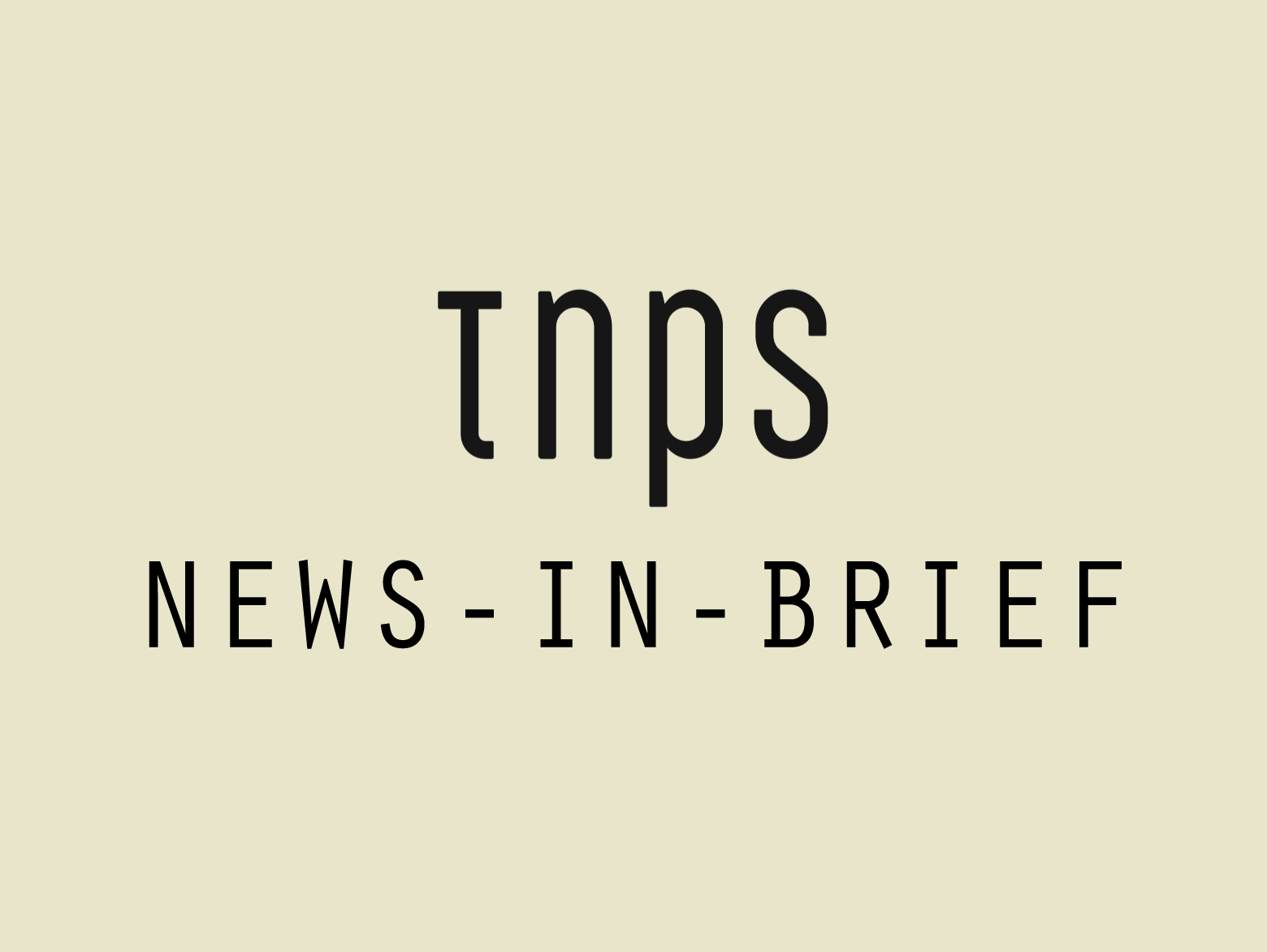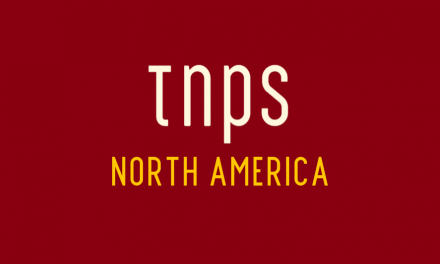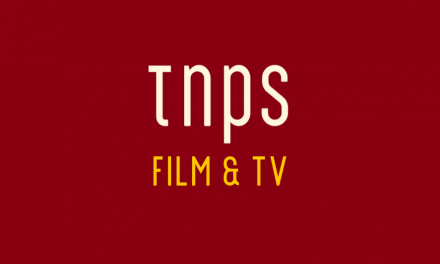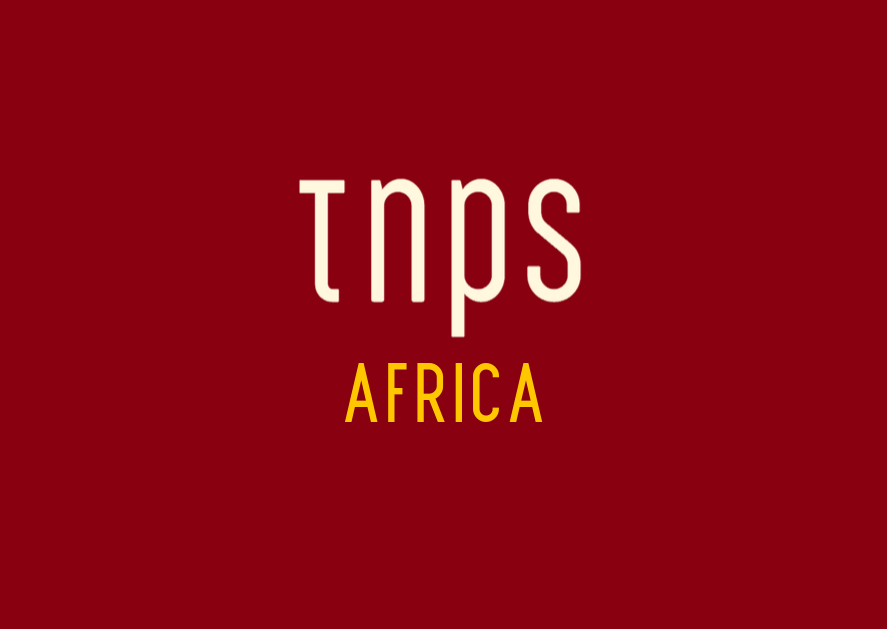You might be forgiven for thinking Barnes & Noble was such a train wreck that you couldn’t pay someone to take it off Len Riggio’s hands, such has been the tone of some industry commentators.
So the news today that hedge fund Elliott Management has (subject to regulatory approval) acquired America’s biggest bookstore chain will get a mixed reception.
But for publishing, this is the best news it could want. The possibility of a Barnes & Noble fail in the fashion of Borders would have effectively handed the market to Amazon, and with it additional leverage that no doubt has caused many publisher sleepless nights just thinking about.
Not here to discuss the deal, or what little we know of it. There are any number of media versions of how much is being paid, and what the deal may or may not involve, but the one thing the reports agree on is that Britain’s James Daunt will be taking over as Barnes & Noble’s CEO in addition to his duties running Waterstones in the UK.
At which point it’s worth mentioning two things about Daunt.
First, back in 2011 it was Barnes & Noble in the running to buy out Waterstone’s (back when it had an apostrophe) as the UK bookstore chain stared liquidation in the face.
Daunt came in and by 2016 Waterstone’s was back in profit, an accomplishment many viewed as little short of miraculous. And it was no one-off.
Can Daunt work his magic with a much bigger chain in the US? We certainly hope so. The success of Barnes & Noble is critical to the health of the US and global publishing industry.
But we can pretty safely say that the days of Nook, the ebook arm of Barnes & Noble, are fast counting down.
Because the other thing we know about Daunt is that he has no time for ebooks.
Time was, Waterstone’s (with the apostrophe) sold ebooks, and there was even talk of a Waterstone’s ereader. Back in the day I had the privilege of being one of the few “indie authors” to be in, and top the charts in, the Waterstone’e ebook store. Which gives me the benefit of saying for certain that Waterstone’s was no match for Kindle UK, but also doing rather better than the “cup of coffee” royalty payouts Daunt liked to talk about as he explained why he shuttered Waterstone’s ebooks and sold the customer list to Kobo.
The crazy thing was, at one time Waterstone’s (still with the apostrophe) actually sold the Kindle devices in store, in one of the most upside-down and inside-out sales relationships in business history. Here was the man tasked with turning around a failing bookstore and blaming many of the problems on Amazon while simultaneously enticing his own customers to buy an Amazon Kindle and sign up to buy Amazon’s ebooks.
Only Daunt knows the rationale and results from that little experiment in bookselling jiggledypokery, but the upshot was Daunt kicked out Amazon and Waterstone’s ebooks and embraced the time-honoured approach of casting digital reading in an unfavourable light.
And now Daunt is the no doubt embarrassed manager of the Nook digital books business that has been dragging down Barnes & Noble for untold years.
It’s not that Nook is unprofitable per se, rather that Barnes & Noble could never make it profitable in the same way Waterstone’s couldn’t, because of the fundamental conflict of interest that is a bricks & mortar paper and ink bookstore chain selling digital versions of the same product.
At some point one format inevitably cannibalises the other, and in order to protect print the benefits of digital have to be downplayed and reversed, as we saw when the bigger publishers deliberately pricing themselves out of the retail ebook market.
As Kobo, Apple and other digital-only players have shown, ebooks can be lucrative, but not when your core business is selling print.
So it’s a matter of when and how, not if, Daunt removes Nook from the equation.
In the UK Daunt simply shut e-shop and sold the client list to Kobo, and the same is now a strong possibility with Nook, but that risks a drain to Amazon as customers, faced with having to move, weigh up their options and decide the Kindle store is the better bet.
Far better for the industry if Rakuten buys out Nook itself as a stand-alone operation and folds the much smaller Kobo US store into the Nook store, no doubt rebranded as Rakuten Kobo, but otherwise friction-free for the not insubstantial Nook customer base.
That would be a win for all parties but those who have been excitedly touting Barnes & Noble as beyond hope and eagerly counting the days until liquidation..

